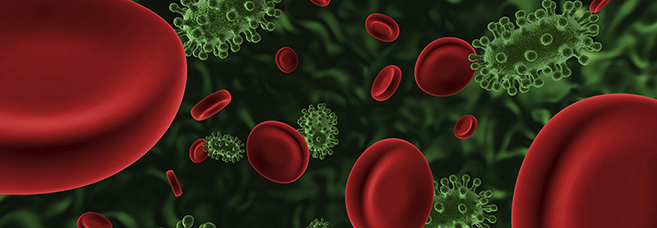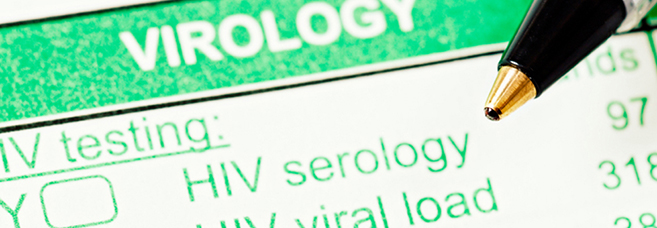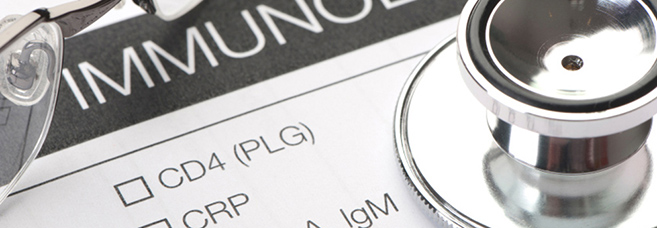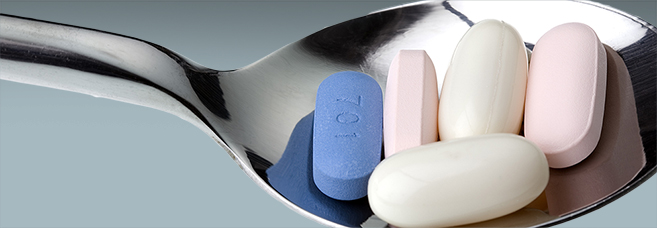
The Trans Community and HIV/AIDS
STDs and Safe Sex
Trans people, especially youth, may be rejected by their families and find themselves homeless. They may be forced into sex work to make a living, and therefore at high risk for STDs including HIV. Other trans people may practice unsafe sex when they are beginning to experience sexuality in their desired gender. Safe sex is still possible even in transgender relationships.
HIV/AIDS and Trans People
Some of us are HIV positive. If you have tested positive or are living with AIDS remember that it is not a death sentence. Many people live long and healthy lives being HIV positive. Make sure you consider what you need, beyond healthcare requirements, as each individual will have very different needs in terms of support, services and education. Contact you local community AIDS group for a list of doctors who specialize in HIV primary care or to find out about all the services in the community to suit your needs.
Sexually Transmitted Infections (STIs)
Sexually Transmitted Infections (STIs) refer to many different viruses and bacterial infections. Some of the most common include Chlamydia, Genital Herpes, Gonorrhea, HPV (genital warts), LGV and Syphilis. STIs are usually transmitted during sexual activities, like oral, frontal and anal sex. However, certain STIs, like Genital Herpes and HPV can also be transmitted by your hands if you touch an infected area and then touch your partner’s genitals, ass, and eyes. You can have an STI and not know it, so just because you don’t experience any symptoms does not mean you do not have an STI. You should get a regular STI check up regardless of symptoms. With genital Herpes, transmission can occur even when there is no sore or lesion present.
Symptoms for STIs can range from annoying and painful (sores, lesions, warts) to damaging to your body and life threatening (neuro-syphilis), they also put you at higher risk for HIV infection. Firstly, any STI-related sore (like warts, herpes or other lesions) offers open access for HIV to enter the bloodstream. Secondly, many STIs weaken mucous membranes, enabling HIV to enter the body directly through mucous membranes. Thirdly, cells in the immune system that target HIV are likely to be present in greater numbers at the site of an infection.
It’s also important to know that Trans-folks living HIV need to be aware that some STIs can compromise the immune system, increase the risk of transmitting HIV, and contribute to the progression of HIV.
Talk to your doctor about how regularly you should be testing for STIs. If you are sexually active with casual partners on a regular basis, you should consider an STI check up every 3-6 months.
Hep A, B & C
Hepatitis A, B & C are all viruses that can result in inflammations of the liver. They are transmitted in different ways and create varying degrees of health complications, from sickness (Hepatitis A, B, C) to, in some cases, death (Hep-C).
Trans-men
For more information for Trans-men & The Men Who Dig Them; please visit Queer Trans Men.

What is HIV?
HIV stands for Human Immunodeficiency Virus. HIV is the virus that causes AIDS.
While many viruses can be controlled by the immune system, HIV attacks and infects the same immune system cells, which are supposed to protect us from disease. These are a type of white blood cells called CD4 cells (sometimes called T cells).
HIV invades CD4 cells and turns them into real factories that produce thousands of copies of the virus. As the virus grows, it damages or kills CD4 cells, weakening the immune system.
What is AIDS?
AIDS stands for Acquired Immunodeficiency Syndrome. AIDS is the most advanced stage of HIV infection.
HIV causes AIDS by attacking CD4 cells (T cells), the immune system used to protect the body from disease. When the immune system loses too many CD4 cells, the body is less able to defend themselves, so they can develop serious infections are often fatal. These are called opportunistic infections (OIs).
When someone dies of AIDS, usually due to opportunistic infections or other long-term effects of HIV infection. AIDS refers to a weakening of the body's immune system can no longer stop the development of the OIs that turn deadly.
How do I know if I have HIV?
Most people do not know if they've been exposed or infected. Symptoms may appear within two to four weeks after exposure to HIV and may include fever, swollen glands, muscle pain or rash. Some people do not recognize the symptoms are mild or because they think they have a cold or flu. The only way to know for sure if you are infected is to be tested for HIV.

Do I need an HIV test?
It is estimated that approximately 25% of HIV positive people are unaware they have the virus. Many of these people look and feel healthy and do not think they are at risk. But the truth is that anyone, regardless of age, gender, race, sexual orientation or social or economic class can become infected.
Answer the following questions:
• Have you ever had vaginal, anal or oral sex without condom?
• Have you ever shared needles or syringes to inject drugs (including steroids or hormones)?
• Do not have certainty of the HIV status of your partner or if your partner is HIV positive?
• Are you pregnant or are planning to become pregnant?
• Have you ever had a sexually transmitted disease (STD)
• Do you have hepatitis C virus (Hep-C)?
If you answered yes to any of these questions, you should absolutely get tested for HIV. You can find more information the following pages:

Newly Diagnosed?
We do not want to minimize what you're going through right now. You may feel that confirming a diagnosis of HIV is the worst that has happened in your life. Anger, fear, lack of emotion, confusion, depression... All are natural reactions and feelings to be experienced when receiving news like this.
Do not try to block these feelings. Do not punish yourself or feel you have to be strong. This is your life, your body and your health. Take the time to decide what to do and then do it.
But pay attention: After receiving a positive diagnosis, life goes on.
Take a deep breath: We know, you may be feel alone, well, know that there is a great community in Ontario that is ready to provide you with information, support, advice and other resources.
Latinos Positivos Toronto exists! And we are a group of men and women committed to help you to fight the fear, ignorance and prejudice that unfortunately still exist in relation to HIV and towards HIV-positive people.
You don’t have to go through the impact of the HIV diagnose alone! We understand if you have any type of concerns or reservations at this point, but, no matter what please, be sure to contact us, making contact at this stage with a community of HIV positive people it is a key step to start receiving practical services and obtain emotional support.
Living with HIV
HIV infection is serious. But today, the reality for people with HIV / AIDS it’s better. If you are infected with HIV, there are many things you can do to ensure you have a long and healthy life. One important thing is to take your medicines. Make sure you have health professionals who know how to treat HIV. You may want to join a support group. Learn all you can about the disease and its treatment. Eat healthy and exercise regularly, things that we all try to do.






